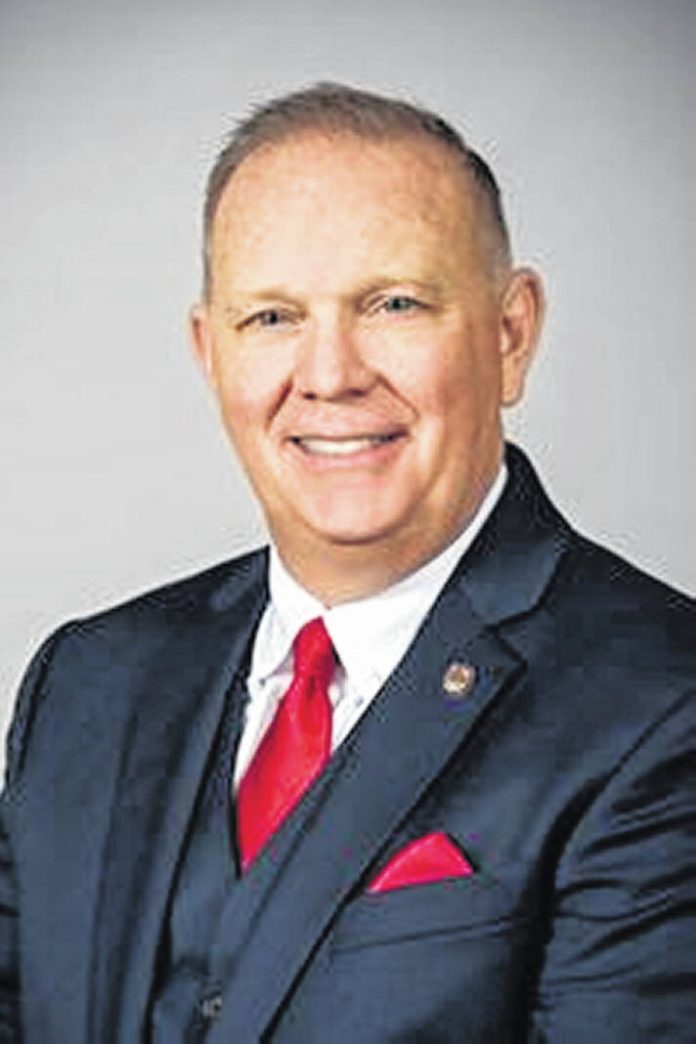
By Rep. Tim Barhorst
Contributing columnist
People across America are struggling with unfair medical billing. It’s the most recent challenge within a broken healthcare system, where too many families struggle with medical debt and too many patients face unexpected medical expenses for routine care.
There are thousands of stories that highlight both the lack of transparency in hospital billing and the inadequate patient protections in our healthcare system. Unexpected high medical expenses devastate these individuals, as compounding bills, high inflation, and the rising cost of living strain households with no relief in sight. The steady rise in healthcare costs can partly be attributed to big hospitals and private equity firms acquiring private physician practices. After these takeovers, without a change in medical services or quality of care, the new owners charge higher prices, exploiting unexpecting patients. This pattern is not only unjust, but is potentially detrimental to the lives of millions of Americans left with unmanageable medical debt.
The Ohio House has taken a promising step towards protecting Ohio consumers from these surprise costs by passing House Bill 49. This pivotal, bipartisan legislation promotes transparency in medical billing, ensuring you know what you’re being charged for when you step into a doctor’s office. The House passed HB 49 resoundingly 90-5 and is currently being debated in the Ohio Senate.
However, the American people deserve more than just incremental progress as states address this critical problem. For a lasting change, the responsibility now falls on Congress to step up and help those faced with unfair hospital bills and out-of-control healthcare costs.
Federal legislation advocating for honest billing would prevent hospitals from overcharging patients for medical treatments. Reform-minded bills already introduced include The Facilitating Accountability in Reimbursements Act (FAIR) in the House and the site-based Invoicing and Transparency Enhancement Act (SITE) in the Senate. These measures would allow for site-neutral billing and end hospitals’ ability to charge more money for services based on facility ownership.
These fixes to unfair hospital billing would decrease out-of-pocket expenses and reduce government spending. The proposed site-neutral legislation could reduce Medicare spending by $153 billion, and premiums and cost-sharing for Medicare beneficiaries could be reduced by $94 billion. If the policy were expanded to commercial markets, it could also reduce total national health expenditures by up to $672 billion. This money will go back into the pockets of Americans and could be reinvested in critical government programs.
When a loved one gets sick, it should not sentence a family to a decade of debt, nor should a routine procedure for a senior end in unnecessarily high bills. There is a clear urgency to establish fair billing practices – it is time to provide future patients with much-needed support.
Unjust medical bills are a non-partisan issue. Supporting legislation that could benefit millions of Americans should be a bipartisan priority. I urge Sen. Sherrod Brown and Sen. JD Vance, and the entire Ohio delegation, to build on the progress made in Ohio and champion substantive reforms at the federal level that require hospitals to be more transparent in their bills for patients and bring honest billing practices across the country.
The writer is a state representative for the 85th Ohio House District.




